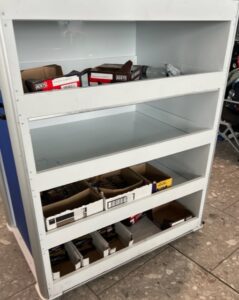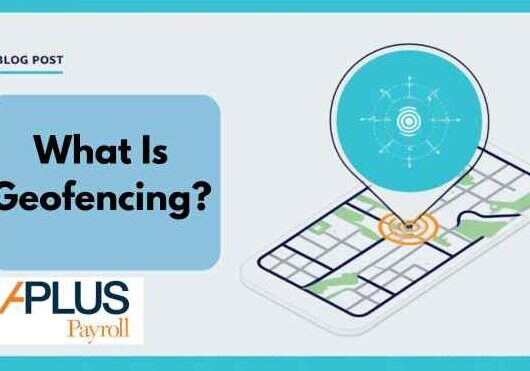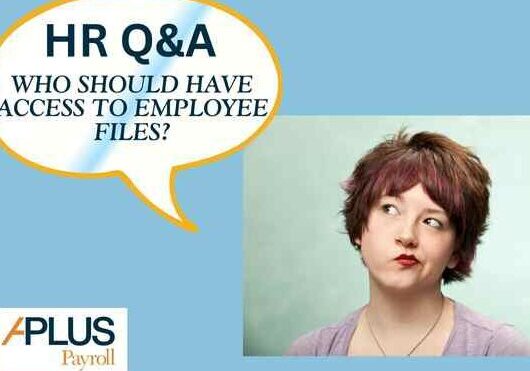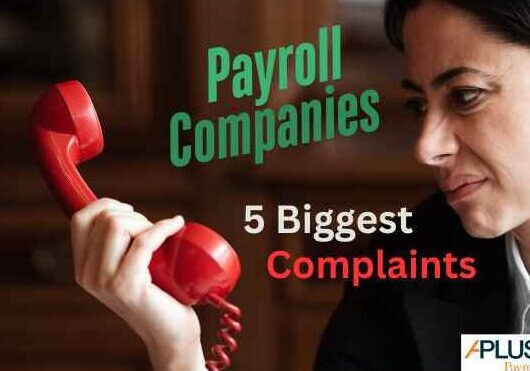Customer Service – A Eulogy
by Paul Devlin

Customer service as we know it died on October 23 2022. It died when an airline chose to wheel out a ‘happy cart’ filled with chocolate and water to appease customers who were just trying to get home and had been delayed already by 3 hours. No real people with explanations or updates, just a cart that was quickly picked clean.
The first symptoms of decaying service began appearing in the humble grocery store. Time was you walked into the General Store with a list, and someone took that list and went through it with you, getting every item for you. As they got bigger they had checkouts and baggers, where at least you still had the chance at conversation and a nice interaction. Now the self checkouts are increasing, so you get to scan and bag your own items, so you don’t have to interact with anyone at all.
The warning signs of continued service decline then began flashing in the 90’s when Companies stopped having real people answer the phones and created a ‘voicemail jail’ where careful navigation will eventually get you to a live person if you know the code (If you don’t believe this is a thing, you can google “How to speak to a live person at …’ and there will be a whole string of information on it). Proving that in saving money on the real person, they forgot that ultimately a real person will have to answer, if the customer is willing to hang on long enough.
- 10 years later, with the internet blazing, suddenly Companies created websites where you could send emails to ‘customer care’ and receive generic answers from ‘Operator 3541-2’
- 5 years after that, it got even better for the Companies, the ‘chat-bot’ appeared, where, as long as you asked a basic question, a robot would answer with a pre-programmed response, thus removing the need for a human at all.
- It took its last breath when COVID decimated the service industry and now, and seemingly forever, bad service has an excuse: “Because of COVID”.
So how did we get here? Is it all wrapped around the constant pressure to squeeze as much profit out of each transaction as possible? Maybe it’s that we can’t be bothered trying to figure out human nature and treat people as individuals. If you treat your employees as numbers, then what’s the motivation for them to treat customers or clients any differently?
What’s maybe forgotten, is great service is born out of a transference of feeling. A feeling that comes from appreciation, belonging and pride in the Company people work for. It also comes from them being trained to do their job and a feeling of confidence in delivering the product to the customer. This has become even more important post-COVID as everyone re-evaluates what’s most important for them and their families. Nobody wants to finish off their workday feeling ‘empty’ so that they have nothing left to give at home.
Thankfully, there are many Companies out there that continue to deliver quality service, despite the socio-economic climate. How? They pivoted and looked at what was important for their teams and clients, and made adjustments accordingly. Maybe it was a hybrid work from home model. Maybe it was adopting a more flexible work schedule within the workplace, including more opportunities for appreciation and celebration. Regardless, the best Companies focussed first on looking after their own people, knowing that ultimately they would deliver in kind to their clients. In a way it was ‘trickle-down kindness’, beginning at the top and permeating through the teams at every level.
I was asked recently what APlus is the “greatest in the world at?”. My answer was simple: “Nothing…but we are very good at a lot of things and commit to being better every day”. It’s a daily commitment to our team and our clients and it begins by practicing caring in everything we do. Caring in how we relate to each other and, in turn, how we deliver our product and service to our clients.
Does it take extra work? Absolutely, but it certainly beats trying to automate customer service policies and responses that, for now at least, remain as soulless and empty as that ‘happy cart’.



